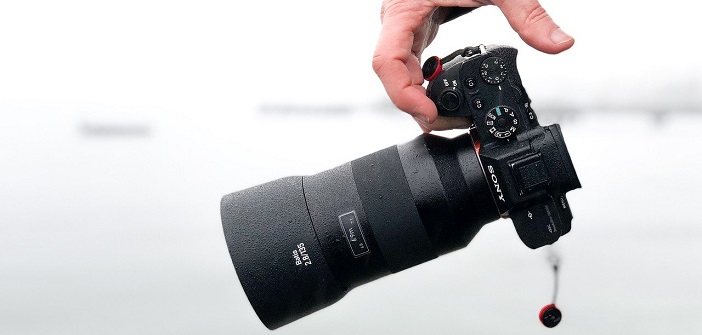The Mediterranean Press Club 06 supports the ethical decision of Nice-Matin not to publish photos of the terrorist or the bodies of the victims. Images of the attack at the Notre Dame basilica have been circulated by social media, fueled by radical Islamists. Terrorists have mastered the use of the Web: they recruit via the internet, which serves as their megaphone.
On July 14, 2016, the publication of photos of the victims on the Promenade des Anglais, as well as those of the terrorist driving the truck that killed 86 people and injured hundreds, was shocking.
Since then, 24-hour news channels have learned from the media lapses during the coverage of the January 2015 attacks. There remains an occasional excessive resort to emotional sensationalism, but a certain prudence has developed.
The ethical problems faced by journalists in covering terrorism were the topic of a first conference on jihadism, organized by the Press Club 06 a few weeks before the attack on Charlie Hebdo on January 7, 2015, which left 12 dead.
In partnership with the University of Nice, CPM06 organized three other conferences in 2015 on the return of jihadists to France. Many experts, researchers, educators, intelligence specialists, and representatives of various religions outlined an already alarming 2015 assessment of the growth of radical Islamism on our territory and across the globe.
In this context of the proliferating Islamist cancer—supplemented by the Vienna attack—Nice-Matin and other media have decided not to show the face of the assailant from the Notre Dame basilica in Nice: “There is no question of taking the slightest risk,” writes Denis Carreaux, editorial director of the Nice Matin group, “of turning the Notre-Dame executioner into a hero of the Islamic cause and unwittingly becoming complicit in unhealthy media glorification.”
Some people are surprised that terrorists slip through “the mesh of the net.” It is always easy to question the efficiency of our country’s security apparatus. Yet, the French intelligence services are very active, thwarting one attack per month, as indicated by Prime Minister Jean Castex. An expert sighs: “Nowadays, the terrorist could be your next-door neighbor!” Our secret services, acting both internally (DGSI) and externally (DGSE), have been significantly bolstered in recent years. But the Islamist hydra is tenacious.
Nearly 400 terrorists neutralized in a year by French secret services
In 2016, François Hollande revealed to two journalists from Le Monde that he had ordered targeted executions of France’s enemies outside the legal framework. “I decided on at least four,” he confided, sparking an outcry among special service officials.
In reality, the hunt for terrorists has taken on significant proportions. The Press Club 06 is able to reveal that nearly 400 terrorists, enemies of our country, have been neutralized abroad by the DGSE and special forces in a single year, according to a reliable source who refuses to specify the dates due to national defense secrecy.
In this shadow war against terrorism, journalists must stick to their role: informing while respecting ethics and not disclosing information that might hinder an investigation. This is a delicate exercise in the context of a surge of fake news. “Preserving ethics means defending press freedom, its independence,” proclaimed the National Council of Resistance in March 1944. 76 years later, it remains true!
Paul Barelli, President of the Press Club 06


